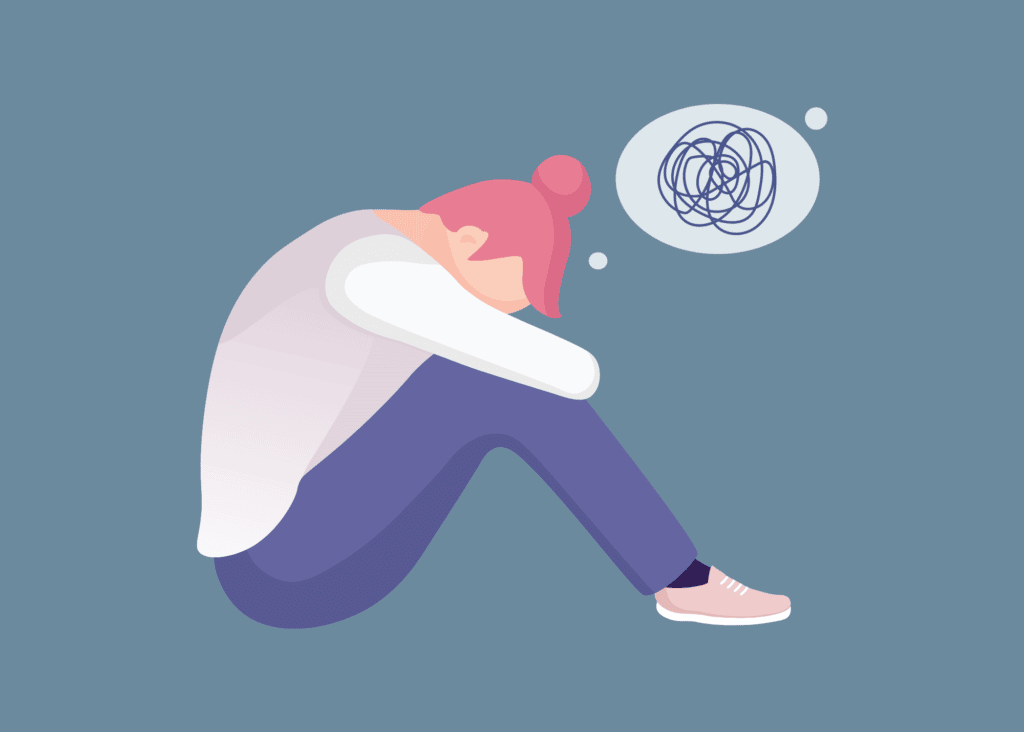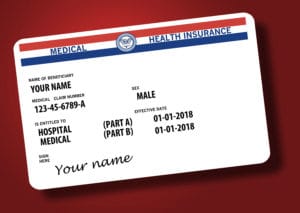Steve Edwards, LMSW
Social worker
Michigan State University Center for Bleeding and Clotting Disorders
Even though the holidays have passed, winter is still here. What does winter mean to you? For some, it’s enjoying the snowfall through a window, enjoying an extra cup of cocoa, or going outside to enjoy some winter sports. For others, winter is defined by anxious drives through the snow and ice, the constant cold feeling, and the “winter blues.” Did you know that the winter blues are a diagnosable form of depression? In fact, The American Psychiatric Association recognizes depressive episodes that only occur during certain seasons. While many people feel that they “snap out of it” once spring comes, depression in any form, and for any length of time, can have a negative impact on someone’s overall well-being.
A lack of sunlight during the winter months can disrupt sleep patterns and reduce serotonin levels, which affects our mood. If you find that you struggle with the winter blues, you may benefit from taking a walk while the sun is out. Other people find that a special lightbox, often called a “happy light” helps their depression as it helps imitate sunlight.
In addition to missing out on sunlight, we often miss out on other people. It is easy to become isolated during the winter, which can make the winter blues worse. Make time to connect with friends, family, faith groups, or others in the bleeding disorders community. The Hemophilia Foundation of Michigan offers several online and in-person meetings throughout the year that provide opportunities for education and connection.
Also, consider what your community has to offer. Your local library may offer more than just books and movies. You may be able to check out museum passes, board games, or even musical instruments. The library system in Lansing, for example, has a miniature theremin that you can borrow (If you don’t know what a theremin is, please look it up. It’s better heard than described!) While there is no easy fix for the winter blues, having enjoyable activities can help you through the tough season.
*This article is not a substitute for medical advice. Please consult a doctor or mental health professional before starting lightbox therapy, medications, or other treatments. If you need help locating a doctor or mental health provider, please reach out to your hemophilia treatment center or contact your insurance company for resources. If you are experiencing a medical or mental health emergency, please call 911 or go to your nearest emergency room.



